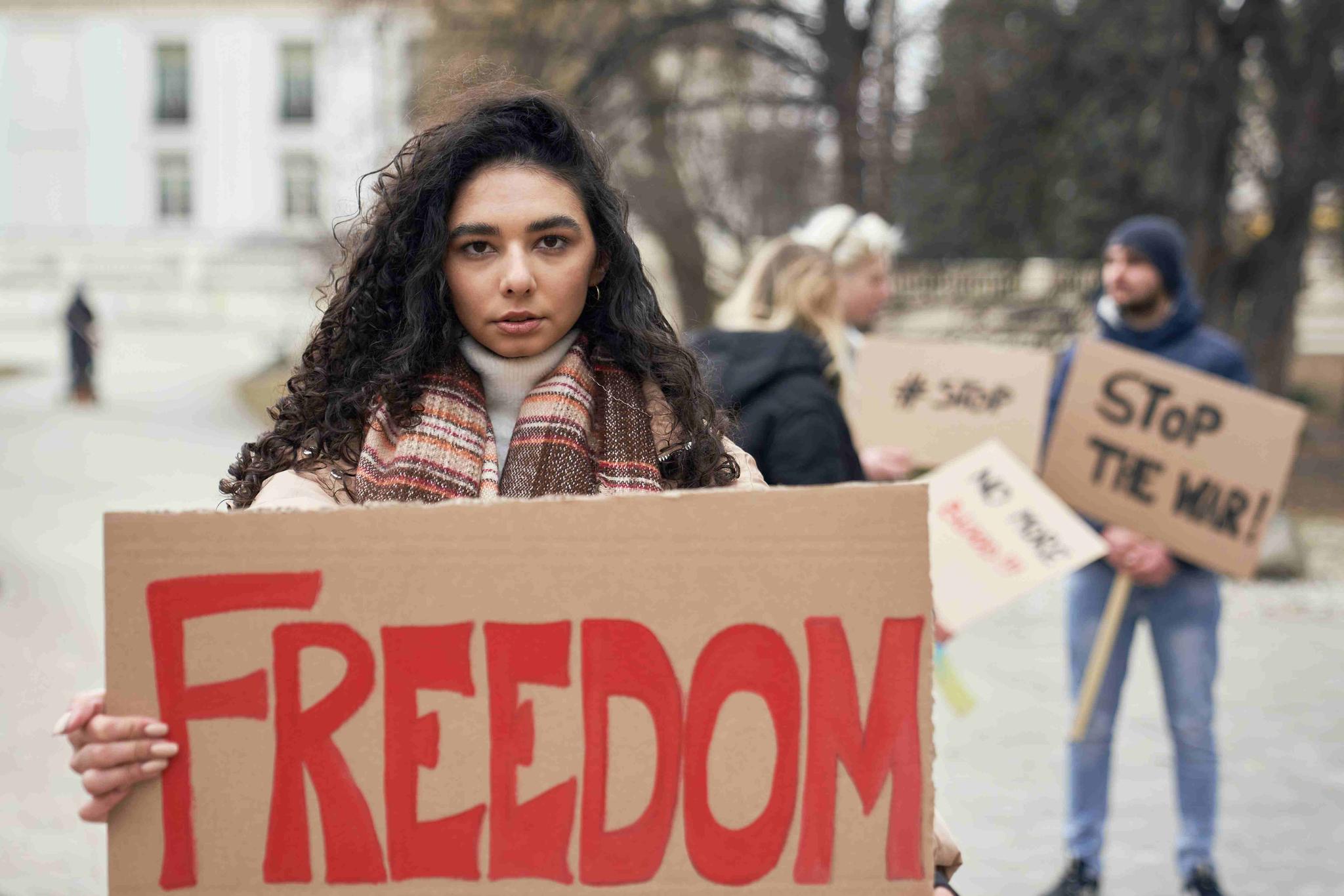
U.S. Moves to Deport Student Activists Over Israel-Palestine Stance
WASHINGTON, D.C. New court documents have revealed that U.S. immigration officials relied on a controversial pro-Israel website to identify, surveil, and attempt to deport student activists, most of whom were foreign nationals. The revelations are part of a federal lawsuit underway in Boston alleging that the Trump administration's policy bordered on ideological repression.
What the Documents Reveal
In testimony delivered mid-2025, senior officials from Immigration and Customs Enforcement (ICE) and the Department of Homeland Security (DHS) admitted to using data from Canary Mission, a private, anonymous website known for listing students and academics with pro-Palestinian views, often including personal data and social media activity.
Officials said a special unit, known internally as a "tiger team," was formed in or around March 2025 to analyse roughly 5,000 names from Canary Mission's database. From that list, they compiled around 100-200 detailed reports on foreign students thought to be potential targets for visa revocation or deportation.
Another pro-Israel advocacy group, Betar Worldwide, also surfaced as a source. DHS officials reportedly used their information in concert with Canary Mission's listings to vet student activists.
Key Cases: Öztürk & Khalil
Two prominent cases cited in the documents are those of Rümeysa Öztürk, a Turkish PhD student at Tufts, and Mahmoud Khalil, a graduate student at Columbia.
Öztürk had her visa revoked after co-authoring an opinion piece urging Tufts University to divest from companies with ties to Israel and acknowledge “Palestinian genocide.” ICE agents later detained her. She reportedly had no prior record of violence or ties to extremist groups.
- Khalil was arrested at night in his university apartment in New York after his visa was revoked. Despite having permanent resident status (a “green card”), authorities initiated removal proceedings. Khalil’s case has become emblematic of the administration's approach to student activists.
Legal & Constitutional Implications
Human rights groups, civil liberties lawyers, and university faculty have raised an alarm that these practices violate fundamental rights, especially freedom of speech, due process, and equal protection under the law. Critics argue the government has essentially criminalised protest and dissent, particularly among foreign nationals and marginalised communities.
The lawsuit filed by Harvard faculty and other academic organisations is specifically challenging what they view as an unconstitutional "ideological deportation" policy. Plaintiffs argue that merely having expressed political opinions or participating in protests cannot justify visa revocations or deportation.
Government’s Position
Under oath, ICE officials asserted that the use of Canary Mission's data was not the sole determinant for targeting individuals. Instead, information from that site was combined with publicly available sources and other investigatory work to produce reports for higher authorities.
Still, many of the activists affected say the accusations made about them, antisemitism, or support for designated terrorist organisations, are either false or based on misinterpretations of their protest activity.
The State Department issued memos in several cases (including Öztürk's) concluding there was no evidence substantiating claims of antisemitism or support for terrorism. Yet visa revocations and arrests proceeded under discretionary authority. This has deepened concerns about the standard of proof required when the government acts on political speech grounds.
Reaction & Wider Impact
Universities and student groups have expressed outrage, saying these moves have a chilling effect on campus activism. Students fear that speaking out on topics such as Israel-Palestine may lead to immigration consequences, even when their political speech is peaceful and lawful.
Civil liberties organisations have also warned that this might set dangerous precedents where the government uses private blacklists to suppress dissent. Some see parallels to McCarthyism, in which political speech was punished without clear evidence.
What's Next
The Boston trial is ongoing, but early evidence and testimony have shifted public debate significantly. Some courts may rule soon on whether visa revocation policies in these instances were lawful or whether they run afoul of constitutional protections.
Meanwhile, several affected students are seeking broader relief, including more explicit protections for international students' free speech, transparency about how governmental agencies use third-party sources, and more oversight of executive discretion in immigration decisions.
Bottom Line: These revelations raise serious questions about how political views—especially dissenting ones- are being treated when speaking, protesting, or holding opinions that run counter to specific government priorities. If the allegations are upheld, the cases may reshape not only immigration law but also the boundaries of free expression for non-citizens in the U.S.
About Author
Let us help you yield your true academic potential for foreign education. To configure and discover an apt international enrolment strategy, get in touch!
- +923041111444
- info@edify.pk
- Edify Building, 3rd Floor, Madina Town Faisalabad
© 2026 Edify Group of Companies. All Rights Reserved.







